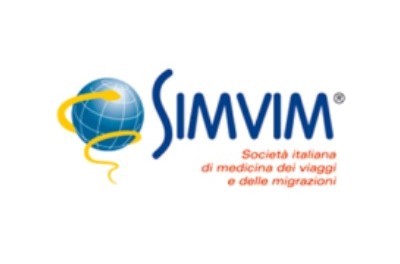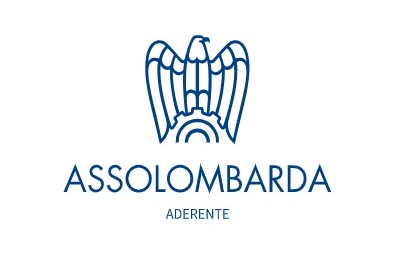Medical anti-malaria counselling and drugs prescription
* The price shown does not include the administrative expenses of the medical facility
Is your travel destination at risk of malaria? Our specialists will guide you through the best practices
to prevent infection according to the needs of your destination and your medical history.
With Ambimed, you receive your prescription to purchase the drugs and you can start the prophylaxis even
from home, without having to go to the clinic.
The term 'prophylaxis' generally refers to all the practices that need to be put in place to prevent
the outbreak of a disease and can range from using mosquito repellent spray to vaccination. For malaria,
there is no vaccine but it is possible to use specific drugs to reduce the likelihood of infection, which
must be prescribed by a doctor according to the specific risk of the destination.
Brand name drugs
Mode of administration
To be taken orally with the dosage indicated by the doctor on the basis of the prescribed medication.
Warnings and contraindications
It is essential to report any medications previously prescribed for concomitant illnesses to the travel medicine specialist during the pre-travel consultation, so that he or she can assess possible drug interactions with the prophylactic drugs to be used by the traveller.
After completion of antimalarial prophylaxis, pregnancy should be avoided to allow complete excretion of the drug. The waiting time is calculated according to the half-life of the drugs:
Atovaquone-Proguanil: 1 month
Doxycycline: 1 week
Mefloquine: 3 months








